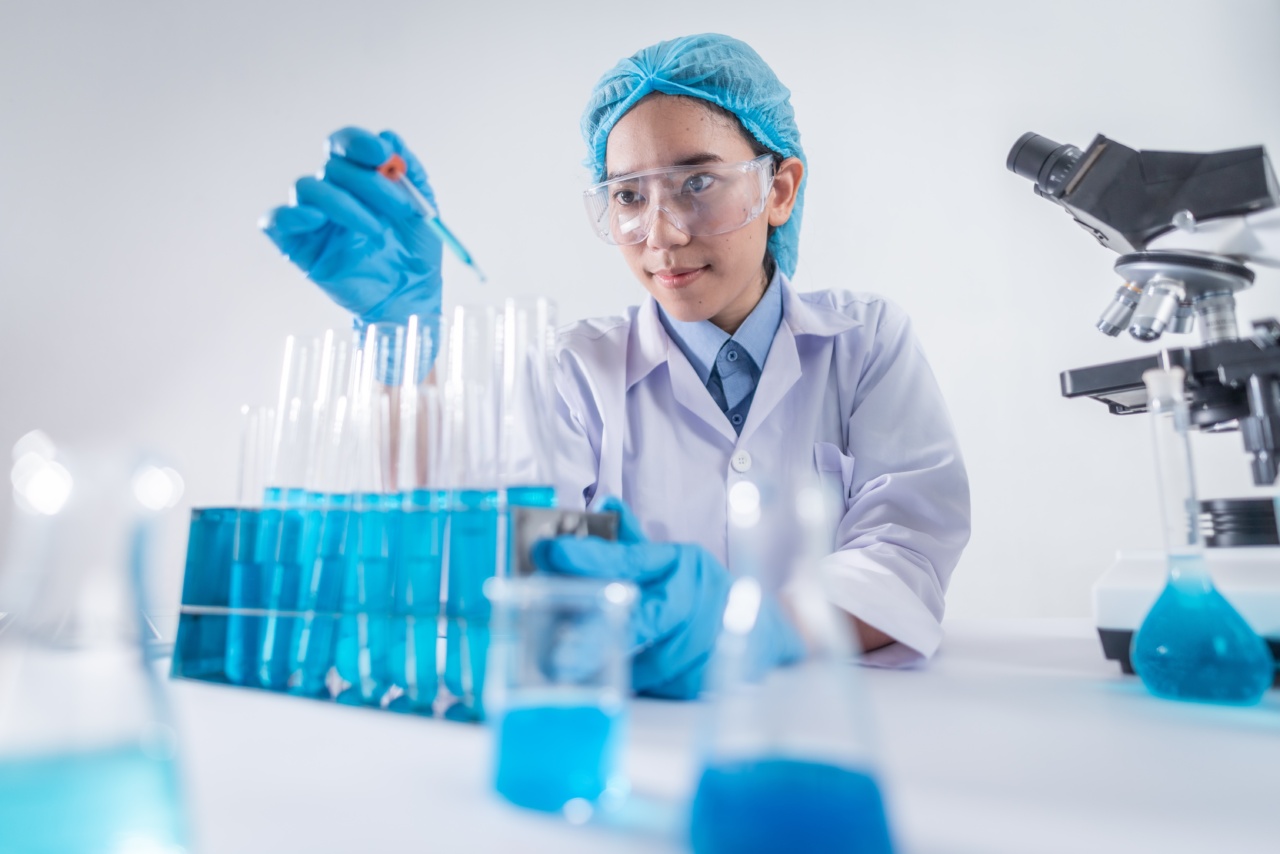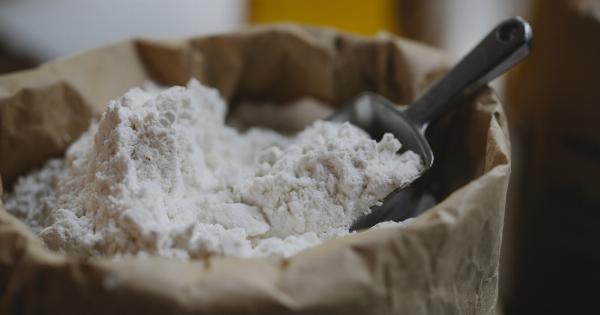Chemicals play a significant role in our lives, from the air we breathe, the food we eat, and the products we use, to the water we drink.
However, the downside to exposure to these chemicals is the adverse impact it has on our health, including our reproductive health. Prolonged exposure to chemicals can lead to infertility, and for couples seeking to conceive through In vitro fertilization (IVF), exposure to these toxicants can hamper the success rate.
In this article, we will discuss the role of nutrition in IVF, and how it can protect couples against chemical exposure.
The impact of chemicals on IVF success rate
IVF involves fertilizing an egg outside the body and then implanting the fertilized egg back into the uterus. With success rates ranging between 30-35 percent, a couple’s chances of conceiving through IVF are not always guaranteed.
Chemicals disrupt the endocrine system, which is responsible for regulating hormones in the body that regulate reproduction. Exposure to chemicals can cause hormonal imbalances, leading to problems with ovulation, sperm production, and fertilization. This disruption can make it difficult for couples to conceive naturally and can also impact the success rate of IVF treatment.
The role of nutrition in IVF success rate
Nutrition is an often overlooked aspect of IVF treatment. However, research has shown that a balanced diet can improve the success rate of IVF.
A well-balanced diet comprising of fruits, vegetables, whole grains, lean protein, and healthy fats can help regulate hormones and improve reproductive health. It can also help protect against the adverse effects of chemical exposure.
Protecting against chemical exposure
There are several steps that couples undergoing IVF can take to minimize their exposure to chemicals:.
Avoid processed foods
Processed foods are often high in preservatives, artificial sweeteners, and other chemicals that can affect reproductive health. It is better to stick to whole foods as much as possible.
Choose organic produce
Organic produce is grown without the use of pesticides, which can disrupt reproductive health. Choosing organic produce can reduce exposure to harmful chemicals and improve the chances of success during IVF treatment.
Avoid plastics
Plastic products contain phthalates, which can disrupt hormonal balance and affect fertility. To minimize exposure to these harmful chemicals, it is best to avoid using plastic products whenever possible, especially when storing or heating food.
Filter tap water
Tap water often contains chemicals such as lead, chlorine, and fluoride, which can impact reproductive health. Filtering tap water can minimize exposure to these chemicals, providing added protection during IVF treatment.
Use natural cleaning products
Household cleaning products such as detergents and disinfectants contain harmful chemicals that can disrupt reproductive health.
Using natural cleaning products can help minimize exposure to these chemicals, improving the chances of success during IVF treatment.
Conclusion
IVF treatment can be a stressful and emotional journey for couples. However, taking care of one’s health through proper nutrition can help improve the chances of success, while protecting against the harmful effects of chemical exposure.
By making simple changes to one’s diet and lifestyle, couples can achieve their dream of starting a family.































